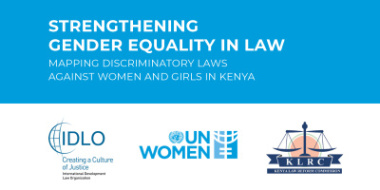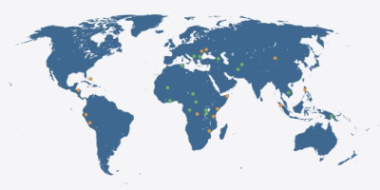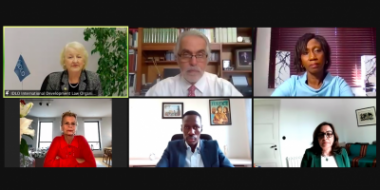E-evidence in Indonesia: A new frontier in anti-corruption
Electronic evidence is progressively becoming a key component in corruption cases in Indonesia. Gradually, e-mails, recordings, text messages and social media posts are presented as evidence that can make or break a case.














